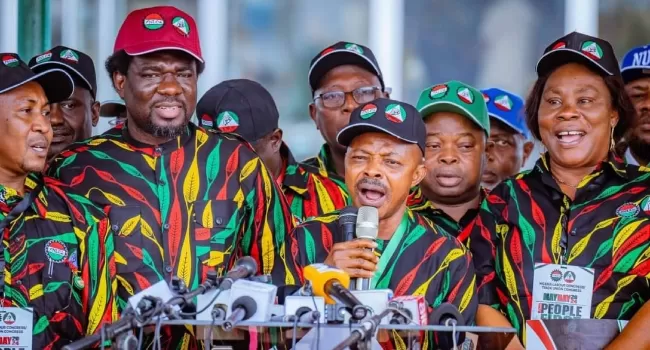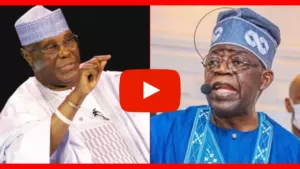Why We Had To Suspend Strike, NLC & TUC

The Nigeria Labour Congress (NLC) and Trade Union Congress (TUC) suspended their strike for five days, a decision that came into effect on June 4, 2024. This temporary halt in industrial action was confirmed by a leader of the NLC in Abuja. The suspension followed a series of events and negotiations, notably including a meeting with the federal government.
The reasons behind the suspension are multifaceted, reflecting a combination of legal pressures, economic considerations, and promises made by the government. On the legal front, an Abuja federal high court had restrained the NLC, TUC, and other unions from embarking on strike, pending the resolution of the cases before it. This legal action was in response to the announcement by the judicial workers that they would be joining the industrial actions.
Economically, the strike had a significant impact, grounding the economy within 24 hours of its commencement. This was particularly notable given the context of the new Nigerian president’s decision to remove the petrol subsidy, which had led to skyrocketing fuel prices and subsequent inflation.
Negotiations with the federal government played a crucial role in the decision to suspend the strike. The leadership of the NLC and TUC had a meeting with the federal government representatives on June 5, 2024, where it was agreed to suspend the strike for five days to allow for further negotiations on June 9. This decision was also influenced by the federal government’s assurances and promises, which were deemed significant enough to warrant a suspension of the industrial action.
The suspension of the strike for five days indicates a temporary resolution to the labor unrest but also highlights the ongoing challenges and tensions between the government and organized labor over issues such as minimum wage and economic policies. The outcome of the forthcoming negotiations on June 9 will be critical in determining the future course of this labor dispute.







